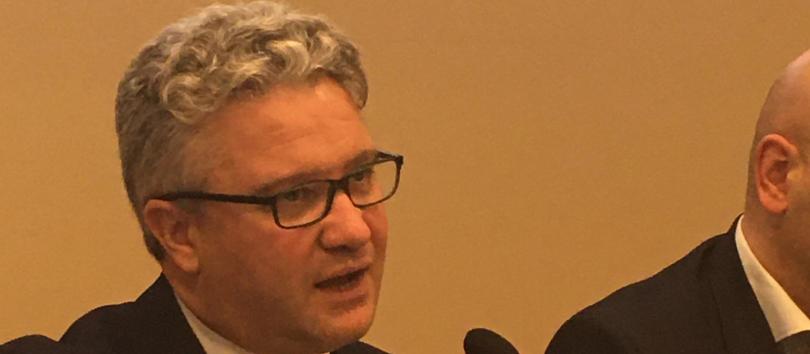
Georgia: Top marks for vocational education policy development
Torino Process Assessment in the country: attention should now turn to implementation.
A European Training Foundation assessment of Georgia's national evaluation of progress in implementing vocational education and training (VET) reform stresses need for stronger regional focus.
Georgia's progress in addressing systematic weaknesses in VET, improving human capital capacity and addressing skills mismatch to strengthen its economy, have been highlighted in an ETF assessment of progress in its latest Torino Process report.
Strength and weaknesses
The national report on the fifth round of the ETF's flagship evidence-based tool for assessing policy progress in VET reform demonstrated strengths and weaknesses, said Ummuhan Bardak, the ETF's senior specialist in Labour Market and Migration.
Couching her remarks as "a humble outsider's impressions of your VET system" she pointed to wide access to general education, near universal literacy and the adoption of "milestone legislation" that include the new VET law of 2018, the Unified Strategy for Education and Science 2017-2021, and the Georgia 2020 Strategy.
But close attention was needed to implement the country's ambitious reforms in skills training, she told the Torino Process dissemination meeting in Tbilisi, Wednesday. (Oct 30)
Educational imbalances
Although more than 85 percent of Georgians complete upper secondary education, access to VET was low (8.8 percent) compared to those attending tertiary education - 57.5 percent, Ms Bardak said, noting that "given Georgia's VET policies" the figure for VET was "not as wide as one could expect.
PISA scores from 2015 - the last available year - also showed that more than half of school pupils scored the lowest levels in reading (52 percent), science (51 percent) and maths (57 percent).
The figures were "a cause for concern" and the "shortcomings will follow them into their further education" Ms Bardak added.
Five key characteristics
There were five characteristics that were shaping Georgian education and training today, she said.
- A growing economy with competitive advantages particularly in tourism and transport, but limited creation of highly-skilled jobs
- A gradual improvement in labour market indicators, with rising employment, but modest use of human capital potential
- A noticeable degree of skills mismatch
- Problems in youth transition from education to work - those with a higher education find it easiest, but upper secondary VET graduates also perform well
- Poverty and inequality for a considerable minority of the population, with signs of social inequality in educational achievement.
Implementing change
VET could be part of a broader solution to Georgia's challenges, together with other social and economic polices, but a closer focus on implementing reforms was needed.
VET policy in Georgia reflected a considerable maturity, Ms Bardak said, but added: "I do not see enough attention to budgeting and staffing implications of the ambitions of what you want to achieve."
Irina Tserodze, deputy head of TVET at Georgia's Ministry of Education, who was among the delegates at the meeting, said that vocational teacher salaries had been increased by 30 percent this year and there was a fresh focus on recruiting younger qualified staff.
A 3 million GEL (€908,000) career guidance programme over the past three years had given 10,000 school students the opportunity to sample trades and professions before deciding on their future work and training progress.
And from 2020 general secondary schools would be required to offer some VET training to bolster efforts to spread VET provision beyond the 37 of 65 municipalities across the country where it currently exists.
Did you like this article? If you would like to be notified when new content like this is published, subscribe to receive our email alerts.